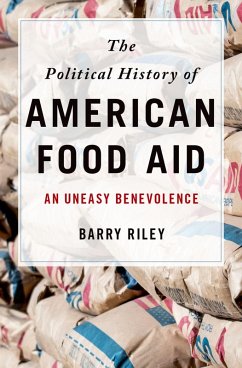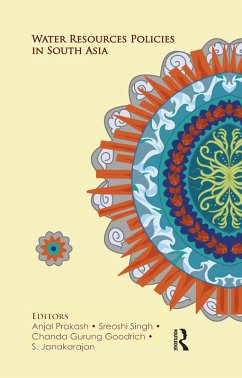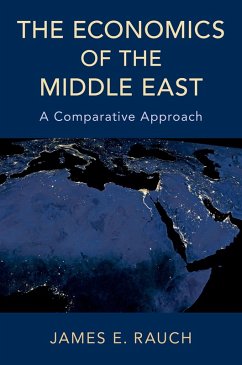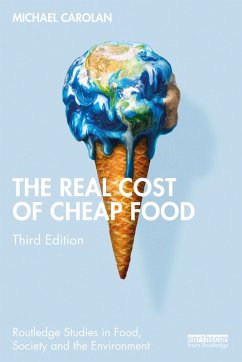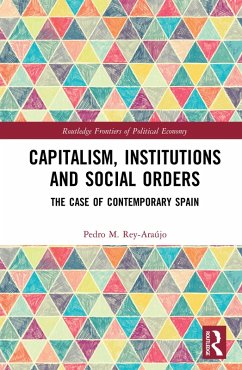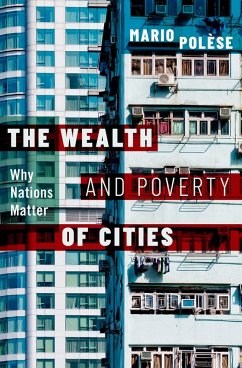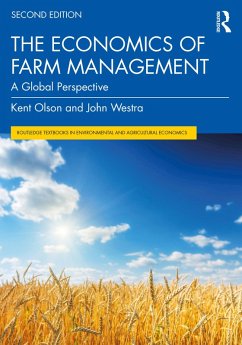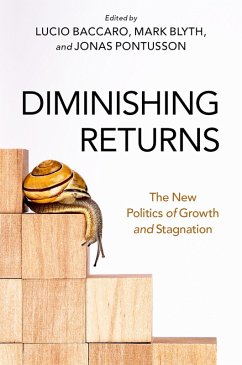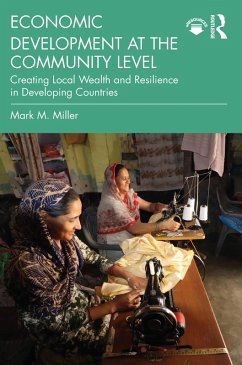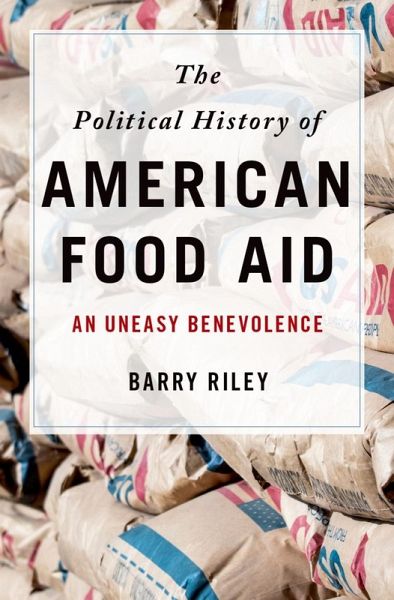
The Political History of American Food Aid (eBook, ePUB)
An Uneasy Benevolence

PAYBACK Punkte
17 °P sammeln!
American food aid to foreigners long has been the most visible-and most popular-means of providing humanitarian aid to millions of hungry people confronted by war, terrorism and natural cataclysms and the resulting threat-often the reality-of famine and death. The book investigates the little-known, not-well-understood and often highly-contentious political processes which have converted American agricultural production into tools of U.S. government policy. In The Political History of American Food Aid, Barry Riley explores the influences of humanitarian, domestic agricultural policy, foreign ...
American food aid to foreigners long has been the most visible-and most popular-means of providing humanitarian aid to millions of hungry people confronted by war, terrorism and natural cataclysms and the resulting threat-often the reality-of famine and death. The book investigates the little-known, not-well-understood and often highly-contentious political processes which have converted American agricultural production into tools of U.S. government policy. In The Political History of American Food Aid, Barry Riley explores the influences of humanitarian, domestic agricultural policy, foreign policy, and national security goals that have created the uneasy relationship between benevolent instincts and the realpolitik of national interests. He traces how food aid has been used from the earliest days of the republic in widely differing circumstances: as a response to hunger, a weapon to confront the expansion of bolshevism after World War I and communism after World War II, a method for balancing disputes between Israel and Egypt, a channel for disposing of food surpluses, a signal of support to friendly governments, and a means for securing the votes of farming constituents or the political support of agriculture sector lobbyists, commodity traders, transporters and shippers. Riley's broad sweep provides a profound understanding of the complex factors influencing American food aid policy and a foundation for examining its historical relationship with relief, economic development, food security and its possible future in a world confronting the effects of global climate change.
Dieser Download kann aus rechtlichen Gründen nur mit Rechnungsadresse in A, B, BG, CY, CZ, D, DK, EW, E, FIN, F, GR, HR, H, IRL, I, LT, L, LR, M, NL, PL, P, R, S, SLO, SK ausgeliefert werden.




